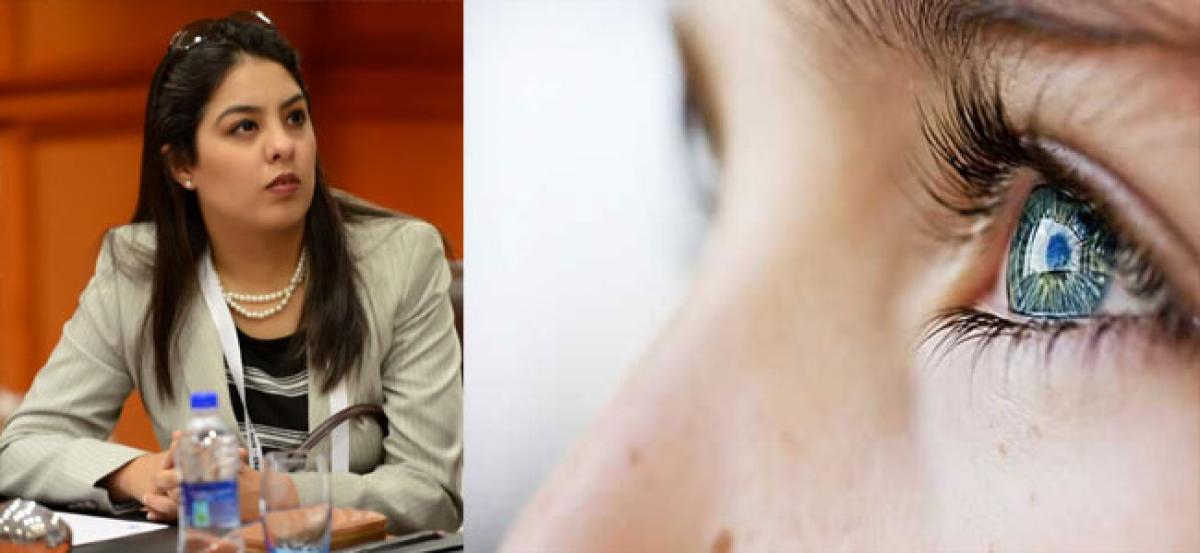Protecting your eyes from cold dry air

People always take care of their eyes and protect them from the blazing sunlight during summer, but our eyes can just as easily get affected by various factors in winters too
People always take care of their eyes and protect them from the blazing sunlight during summer, but our eyes can just as easily get affected by various factors in winters too. Whether you’re working in office or on a winter vacation, it is essential to take care of your vision by following some winter eye care guidelines to keep the eyes healthy and focused.
Keep your eyes lubricated: Dry winter air can cause your eyes to be more sensitive. The use of fires or heaters in closed areas leads to evaporation of moisture present in the air leading to irritation and increased dryness in eyes. One should avoid sitting too close to the fire and use lubricating eye drops to keep the eyes moist.
Wear sunglasses: It is a common notion that sun rays cause damage to eyes in summer and in winters not much eye care is required. On the contrary, ultraviolet rays can enter your eyes from above and are also reflected off the snow into your eyes leading to double the amount of UV exposure than normal and can also lead to inflammation of cornea. Excessive UV exposure can also lead to formation of cataracts. Wearing UV protective sunglasses and a hat when outdoors protects you from direct contact with dry and cold air in the eyes.
Viral Keratitis: It is a condition where inflammation occurs in the eye’s cornea. Researches have indicated that recurrence of viral keratitis is more common in winter months suggesting that low temperature can be one of the risk factors of recurring viral keratitis. To prevent keratitis, you should not touch your eyes frequently or with unwashed hands and if you are wearing contact lens then use daily disposable contact lenses and a good lens solution.
Skin moisturizing: The cold days of winter bring uncomfortable dryness and itchiness to the skin of the face and particularly the eyelids. In some cases, it may lead to cracked, flaked skin and skin inflammation. Sitting indoors with heaters and humidifies on also increases this tendency of the skin to dry. As weather changes, you should also change your skin routine and keep your skin well moisturized with an oil-based moisturizer suited for your skin condition. You can use a lotion with moisturizing properties as well as high Sun Protection Factor (SPF) for additional UV protection too. Smog formation: The air pollution and fog in winters causes the dust and harmful particulate matter to enter our eyes making them dry and causing redness and irritation. Frequent blinking and keeping eyes moist by using lubricating eye drops is a good way to relieve the symptoms.
Stay warm: Usually in winter time, our immune system is down, and it can lead to frequent falling ill like common cold and fever. Keep yourself and your family warm and well covered in proper woolens. It is essential to cover your head and ears to avoid catching cold or getting a headache or earache. If you are experiencing particularly uncomfortable dry eye, redness or irritation in the eye, contact your eye doctor immediately. Take care of your eyes and enjoy the winter chill.
BY Dr Ritika Sachdev

















